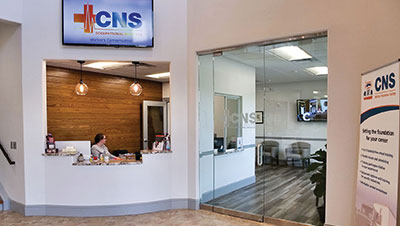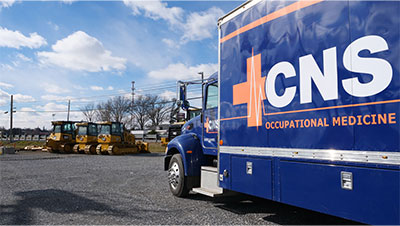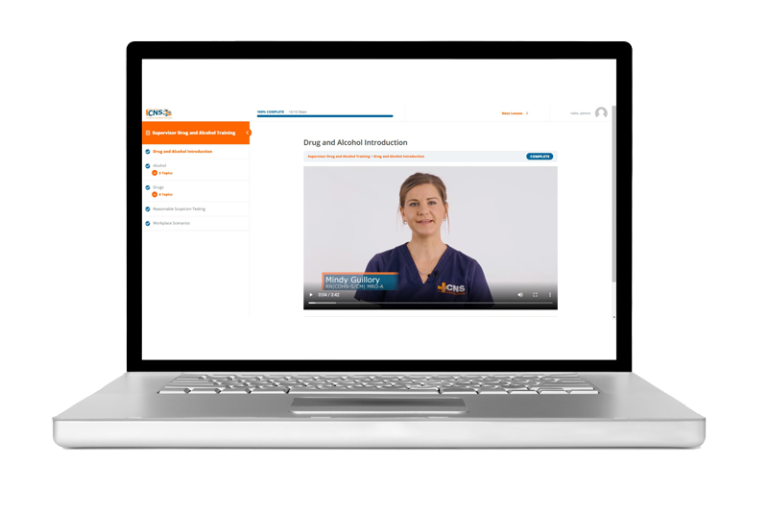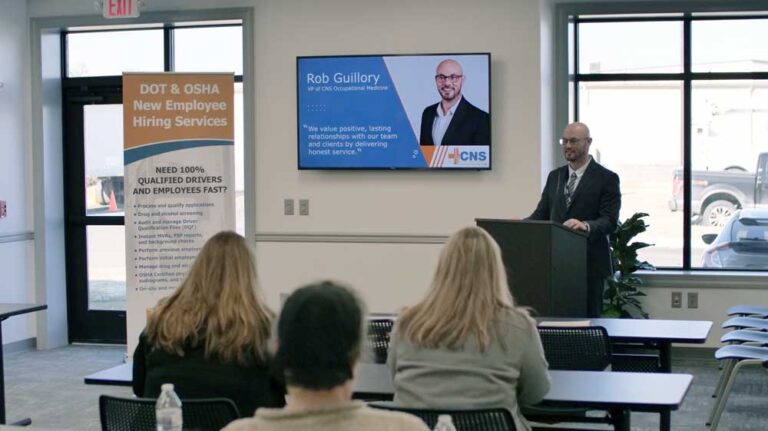The health and wellness of your employees should be a priority for your workplace safety program, especially in high-injury sectors, because the cost of workplace injury claims and other liability can be expensive.
The total cost of work injuries in 2019 was $171 billion. This includes $53.9 billion in wage and productivity losses, $35.5 billion in medical expenses, and $59.7 billion in administrative expenses.
On top of that, drug and alcohol abuse costs the nation $276 billion dollars a year, mostly coming from lost work productivity and avoidable healthcare costs.
This is all compounded more since replacing an employee costs 25-200% of annual compensation.
When it comes to worker compensation claims, the Bureau of Labor Statistics says there are 3.4 claims filed for every 100 full-time employees.
It is too expensive and time consuming to not have a health and safety plan in place for employees. So, what can employers do to avoid workplace injuries and reduce workers compensation claims?
Employer programs that can prevent workplace injuries
Everything begins with assessing your workplace for safety risks.
In your research, you may have found that some of your staff are required to have:
- pre-employment physicals
- on-going physicals
- medical check-ups,
- audiogram testing,
- respiratory checks,
- blood draws,
- x-rays, or
- other biometric screenings.
These requirements were created because they work in preventing higher-risk workplace injuries and are worth the cost of these check-ups. Specifically, from 2009 to 2017, pre-employment programs have been found to lower claims by 44% and losses by 76%.
If pre-employment physicals are not federally required, consider adding it for any physically challenging jobs to make sure they can perform the job tasks before they get hired.
Another prevention program that can lower worker’s compensation claims is implementing a workplace drug and alcohol testing program.
According to SAMHSA, a 2013 national survey found that 70 percent of substance abusers are employed. In fact, an estimated 3.1 percent of employed adults admit they’ve used illicit drugs before reporting to work and 7.1 percent drank on the job one or more times in the past year, according to sources cited by the U.S. Department of Labor.
The problem for employers is that:
- substance abusers are about 3.5 times more likely to be involved in accidents on the job
- 5 times more likely to hurt themselves at work
- 5 times more likely to file for worker’s comp, and
- they double the cost of worker’s compensation claims for their employers
How To Keep Good Employees Around Who Fail A Drug Test
Employers who worry about workplace safety can create a balanced drug testing policy structured around your priorities.
For example, if your business is not federally regulated, you can:
- implement a random testing program targeting safety-sensitive positions
- test only during the hiring process, or
- test only after a workplace accident caused $5,000 or more in damage
You can set-up a policy wherever you feel comfortable starting, just be sure you clearly state when testing is required and the consequences of a positive test.
Lastly, prevention will only happen with constant training.
Make sure all employees are going through ongoing training sessions so they are up-to-date and well-versed in the latest safety protocols. Train them on site-specific hazards, emergency response situations, safe handling of hazardous chemicals and materials, and identifying potential new hazards.
Employer programs that lower costs after an employee gets injured on the job
Any work-related injury or illness qualifies for workers’ compensation, especially those that result in an extended absence for the employee.
If one of your employees suffers an injury at work, you should first make sure their injury is treated as soon as possible.
To reduce lost time of reporting the injury claim, encourage your employees to get the injury claim process going immediately by utilizing a nurse triage.
A nurse triage injury hotline is the first point of clinical contact for patients visiting an ER and is a registered nurse positioned in an emergency room or other facility that is responsible for assessing patients calling in and determining their level of need for medical assistance.
These first contact hotlines can help:
- cut down on reporting time to the insurer
- organize evidence and documentation to prevent fraud
- provide employers a simple and affordable way to report workplace injuries
- put employees in insured networks and help them avoid expensive ER visits
- help the carrier gather information and data regarding injuries and accidents
If it’s an emergency, call 911 right away or go to the nearest emergency department for treatment.
Since hospital system providers are unaware of Workers Compensation rules, regulations, and standards, it is important to work with a health provider that can offer you immediate work status summaries that are provided to employer after each patient visit.
These quick acting providers should also offer continual case management with clear communication for an employee’s continued care and any return-to-work evaluations.
The main goal is to return your employee to full duty as quickly and safely as possible.
How can CNS Occupational Medicine help?
Our Occupational Medicine Team will develop a custom plan for your company. You may need a combination of services related to:
We understand the impact that lost time, limited duty, and medical costs have on the company and the employee. So, work with an occupational medicine provider that can be staffed on-site or have a mobile health clinic come to reduce employee downtime away from the office.
We also have a strong understanding of the OSHA recordkeeping rule and how certain medical diagnosis and treatments impact your OSHA 300 log.
Contact our medical team to develop your custom plan at 800.551.9816 or info@cnsoccmed.com.










